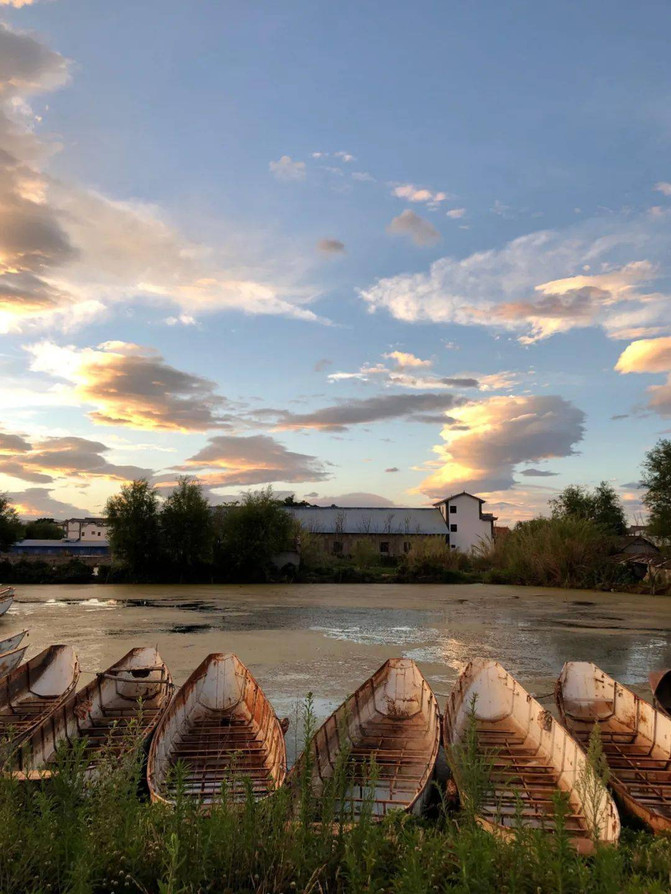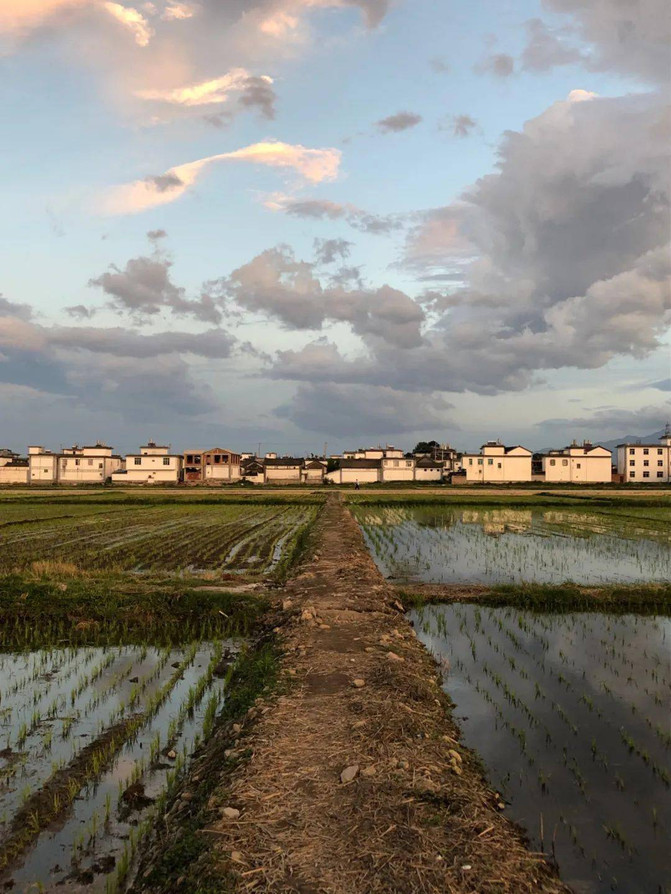Inspiration is also Yunnan, why does everyone go to Xizhou?
The vitality of Xizhou is related to the large areas of rice fields. The fields change with different scenery all year round. People spend an afternoon leisurely in the coffee shop next to the fields. For people from the city, this is a luxury in modern life.
Local people work at sunrise and rest at sunset. Tourists come in a hurry during the day and leave one after another in the evening. In this tranquility, life in Xizhou is ordinary and simple. Xizhou is more like a primitive society of acquaintances. Neighbors know each other, lacking a sense of boundaries but full of humanity. I talked to a coffee shop owner and told me that when I came to Xizhou six years ago, tourists in twos and threes. The locals lived a quiet pastoral life, coming and going several times, never forgetting it. Later, by chance, they came back and opened a coffee shop.
Compared with the bustling ancient city of Dali and the double corridors, Xizhou is quiet and low-key. Many tourists to Dali only regard it as a stop around the Erhai Lake. I didn't rush to attractions or check in. I stayed in the local area for a few days. When I was idle in Xizhou, I was infected by the leisurely atmosphere of life.
Obsessed with #9608;#23041;#121;#98;#119;#51;#57;#48;#9608;#9608;#9608;#9608; #9608;#9608;#9608;#9608;#9608; #9608;#9608;#9608;#9608;
Walking in the ancient town
Xizhou in the morning belongs to the locals. Before tourists arrive, there are scattered farmers in the rice fields taking care of crops. Locals wearing traditional Bai costumes come back from the vegetable market or the mountains with bamboo baskets on their backs. When they meet neighbors, they stop on the road to chat. No matter how the times change, Xizhou has its own clock.
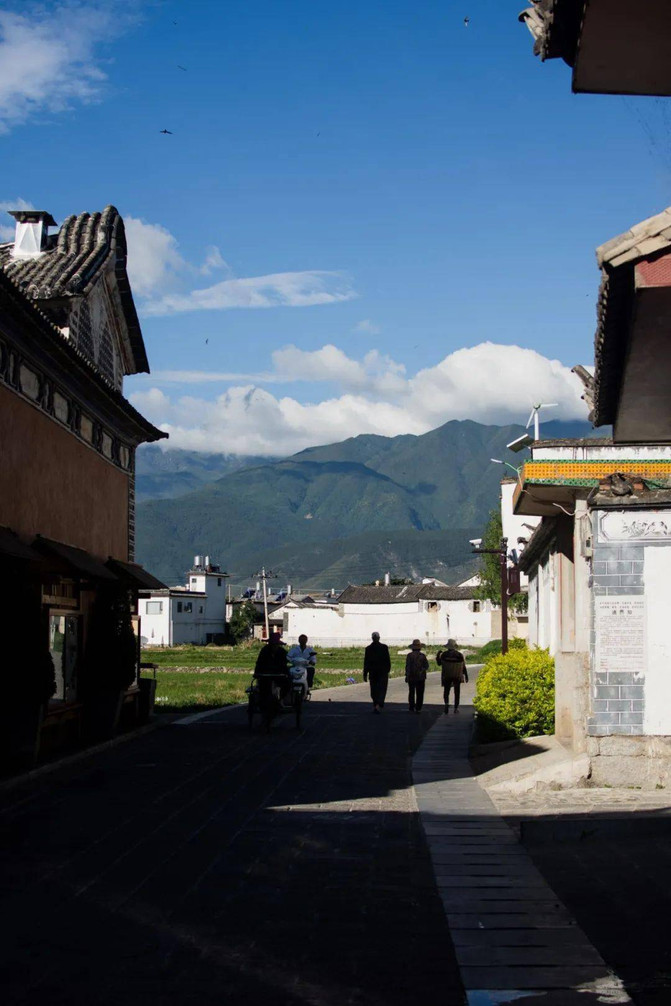
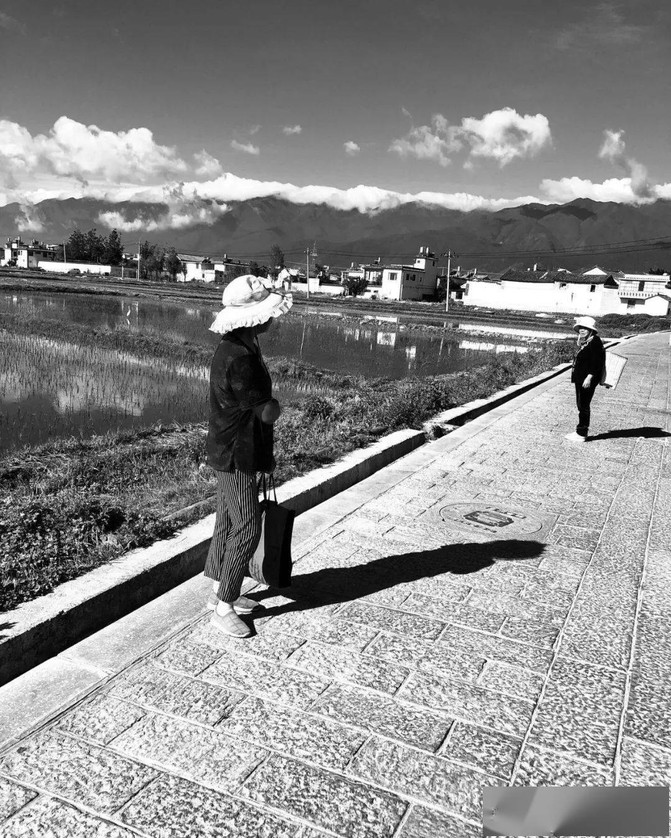
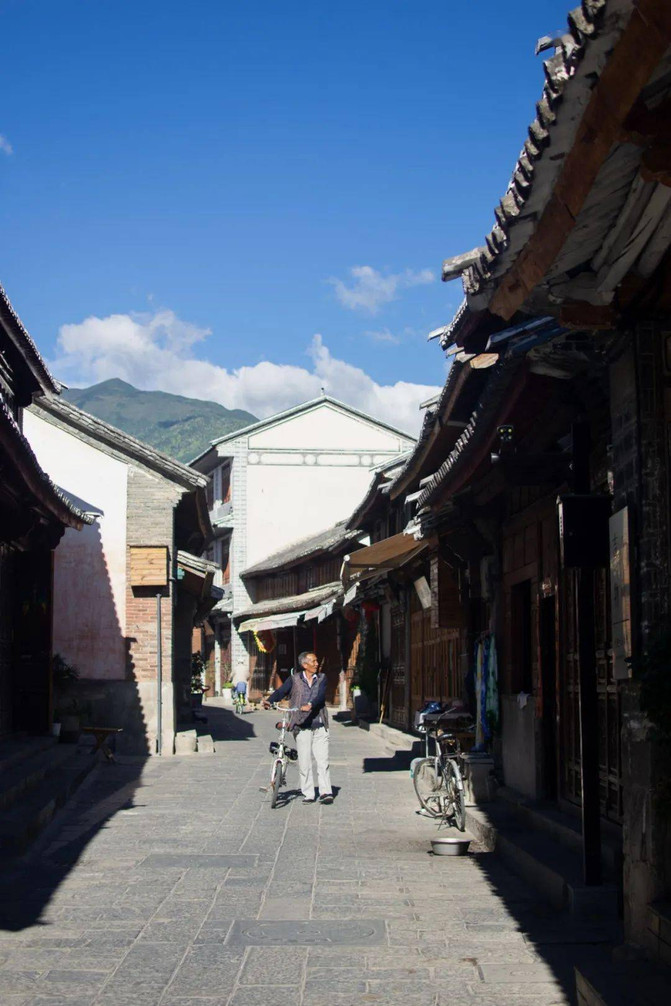
Walking through the streets and alleys is one way to explore Xizhou's architecture in the morning when there are few tourists. As a thousand-year-old city that has survived in Nanzhao State, Xizhou retains a large number of exquisite Bai traditional buildings. After traveling all over the country, Xizhou merchants accumulated wealth and returned to their hometowns to build deep courtyards. Xizhou Dwelling House is a typical Bai architectural layout with "three squares, one light wall" and "four in five courtyards." The building is decorated with exquisite carvings, paintings, etc. In the Bai people, the surname of the host family can be known through Zhaobi. For example, the "Chibi Family Voice" is the family surnamed Yang. Bai buildings are somewhat similar to Hui buildings in appearance, but locals will tell you that Jiangsu and Zhejiang buildings are more elegant, while Dali buildings are more rugged and open-minded.

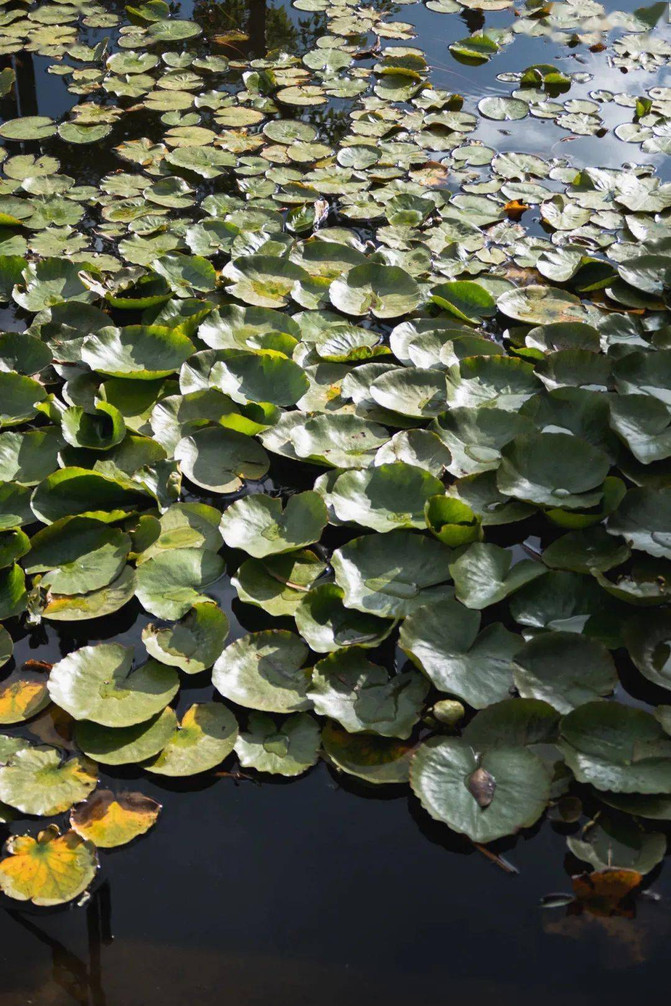
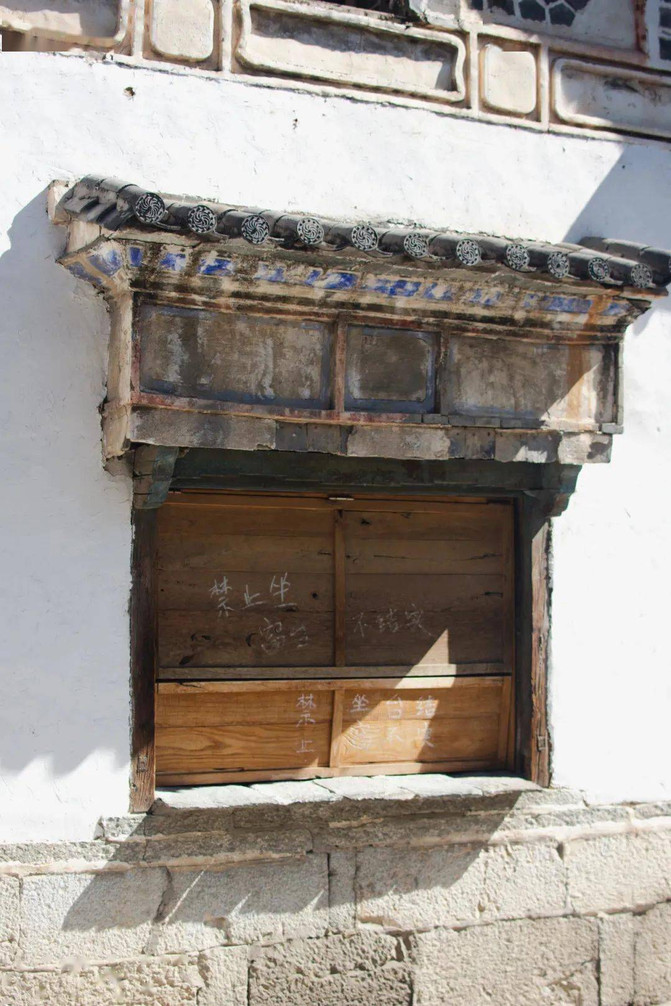
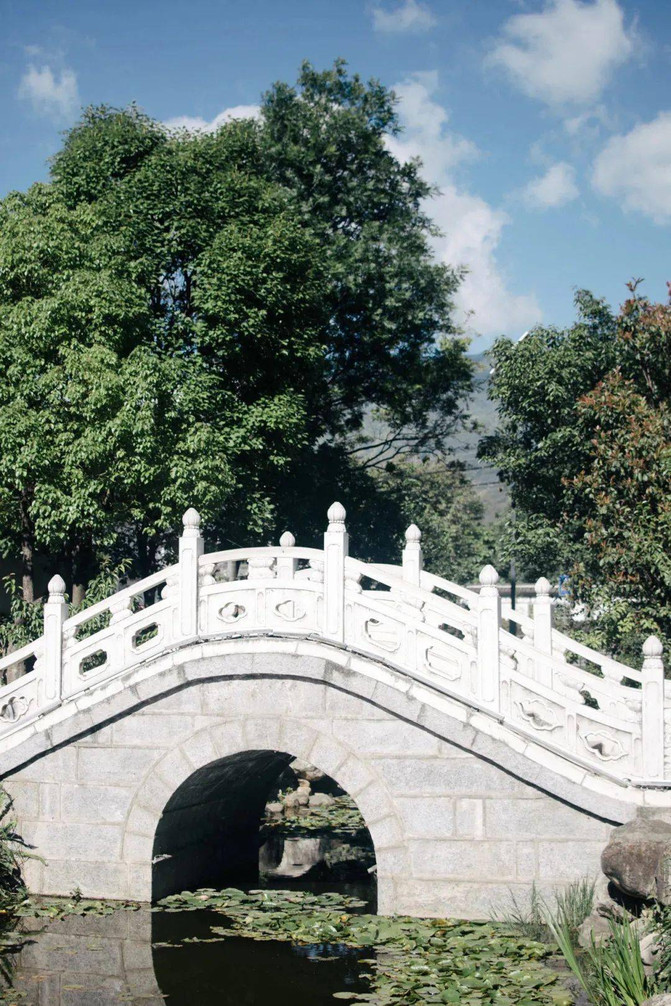
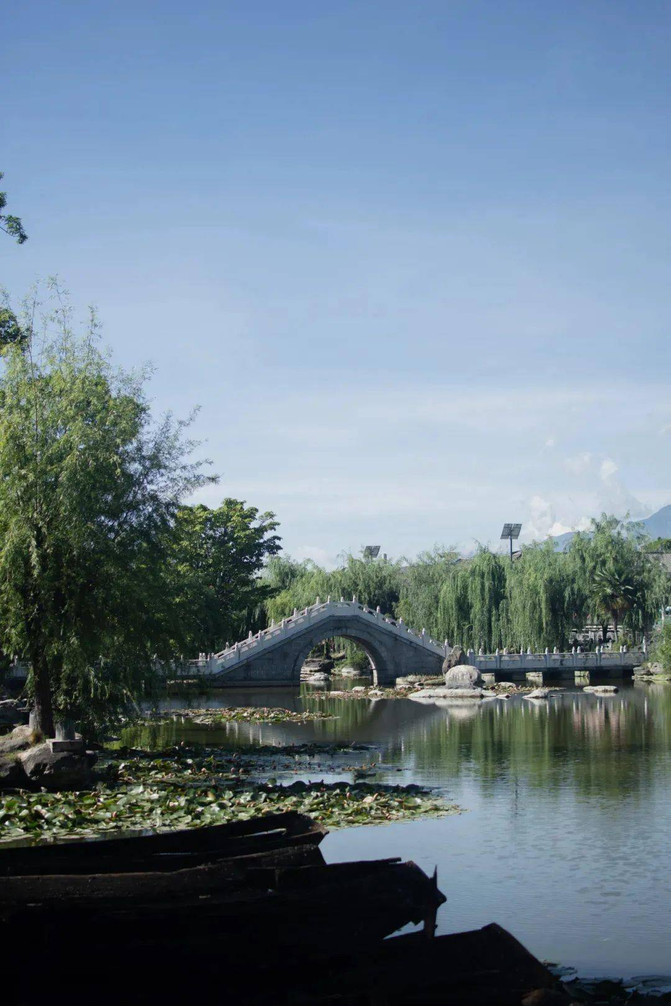
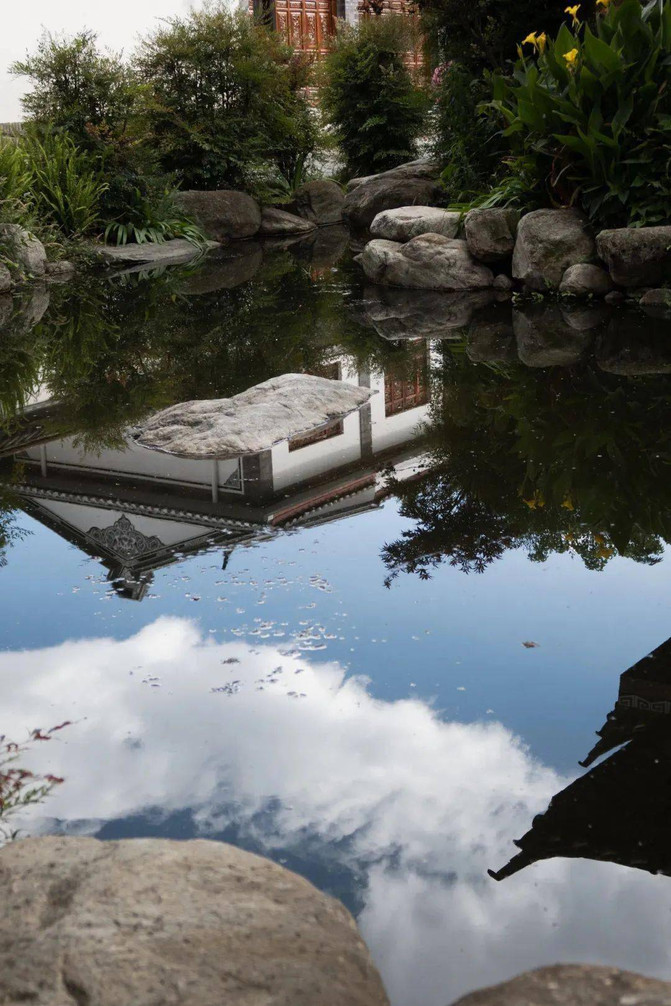
Walking from Shiping Street to Sifang Street, and then to Zhengyi Archway, local people burn incense and worship the gods in front of the temple. Lotus ponds, gardens and Bai buildings set off each other. The intertwining of market life and traditional culture is the charm of Xizhou. Buy a piece of Xizhou cake, milk fan or pea flour on the way to start the morning in Xizhou.
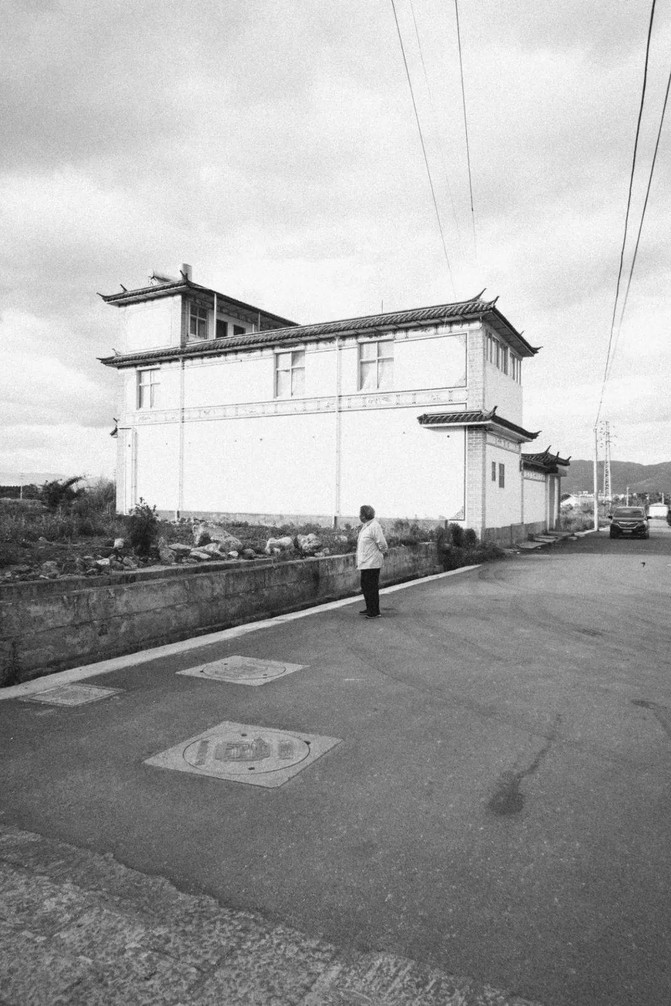
Wuchuan Coffee
There are several coffee shops gathered in the lower section of Shiping Street, Wuchuan Coffee is one of them. Outside the store is a large rice field, and the infinite imagination space is exactly what the name "Wuchuan" means. Locals and tourists sit outdoors, admiring rice fields and Bai architecture while leisurely sipping coffee.
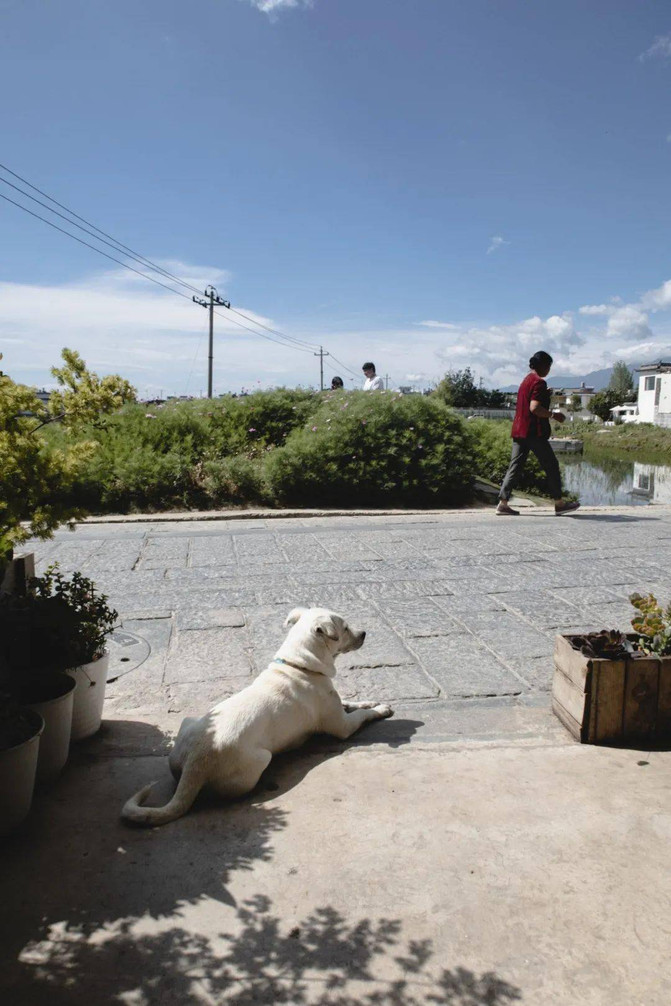
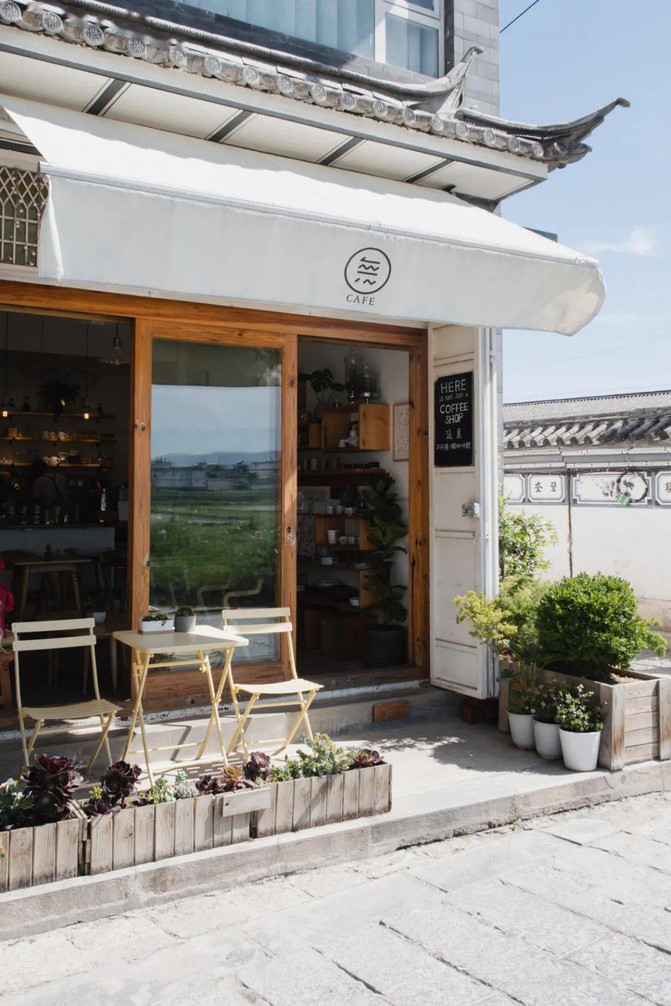
The owner said it was more like a community than a coffee shop. He wants to get along with his customers like friends, rather than communicating with them as a shop owner. In addition to selling coffee, the store also sells pottery artists 'works, coffee utensils, canvas bags, etc. appreciated by the owner. The store also sells homemade coffee bags with ears. The packaging is Dali cultural illustrations in cooperation with illustrators, showing Dali's local life.

For Xinxizhou people, the local people in Xizhou, where wealthy businessmen gathered in the past were relatively educated, so they treated people more peacefully. Young people who came from other places could easily blend in with the local people. From the time he traveled here six years ago to the time he came back to open a shop, for Haiyi, one of the partners, Dali is a place where people are willing to stay, while another partner, Da Gou, said that he likes it too quiet and has cultural heritage. The place is just right.
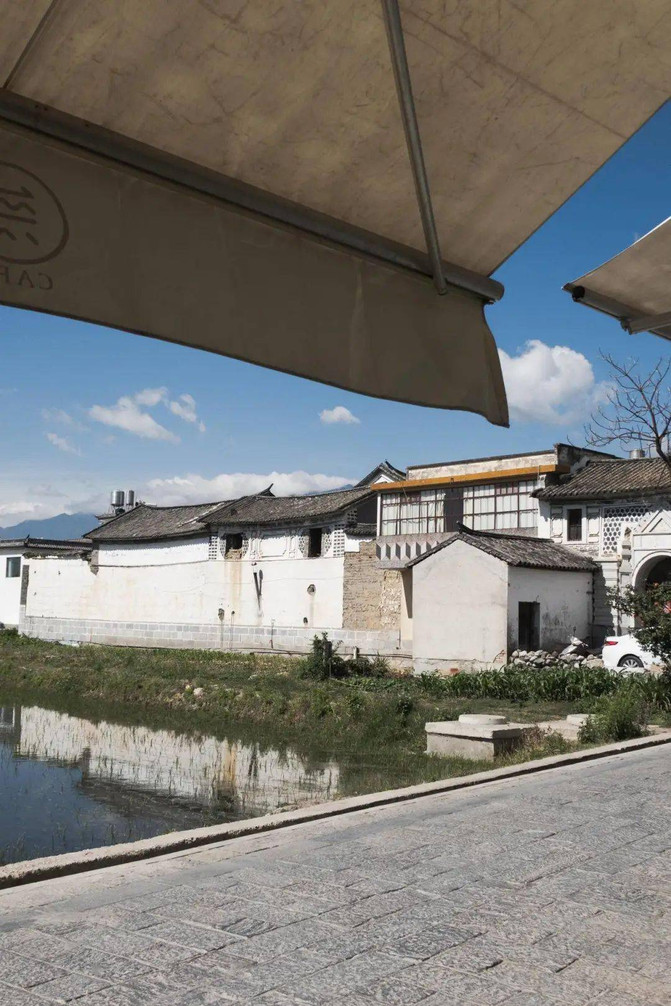
Wuchuan Cafe
Hanlin Archway Walk 300 meters towards Xilinyuan Hotel
Tian coffee
Traditional farmers grow rice in the fields and coffee farmers grow coffee beans. Drinking coffee is often defined by us as a modern urban lifestyle, but from another level, coffee beans are also crops. Like rice, they eventually grow into crops after precipitation and accumulation over time. This is the concept that Tian Coffee wants to convey.
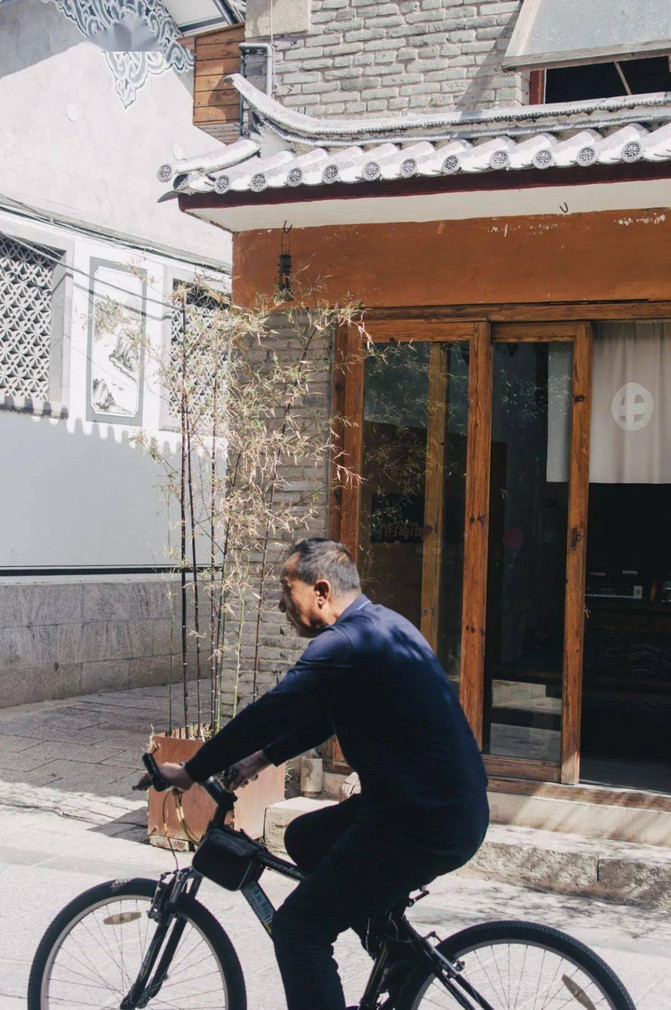
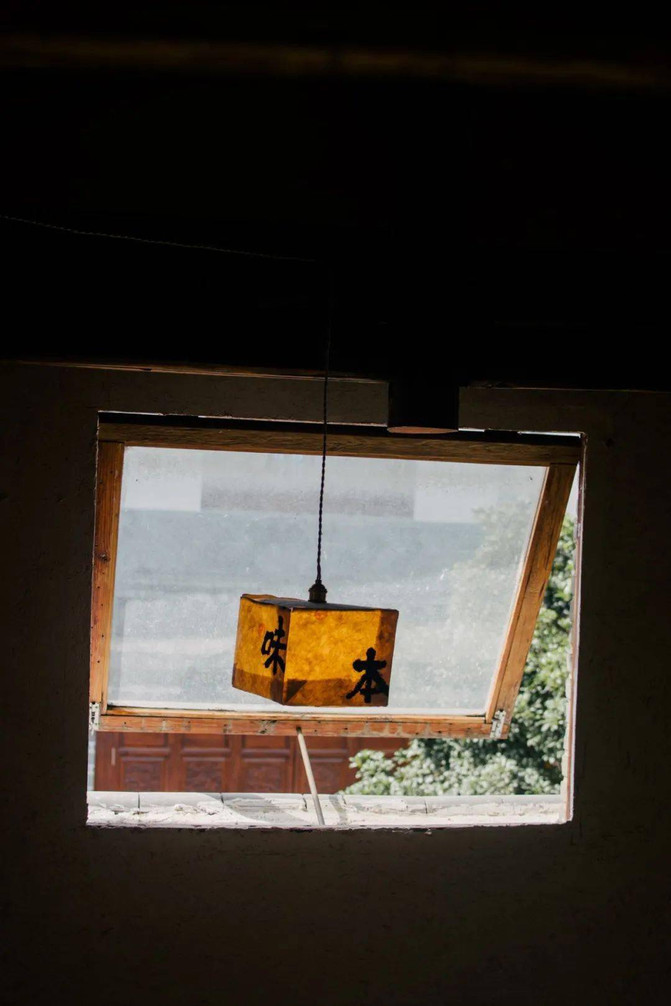
Tian Coffee is located in a century-old house. The interior is divided into two floors. The owner sits behind a wooden table on the first floor to help guests make coffee. When guests walk into the store, it is like walking into a private living room. He collected various porcelain from Japanese antique markets and local pottery artists, and customers who came to the store to drink handchong were invited to choose one of them as a cup to drink handchong. Porcelain is fired into various forms, which express the creativity of the craftsman and carry the trace of time. In the six years since the store opened, the layout of Tian Coffee has undergone many changes. The space is constantly updated with various antique decorations and the owner's personal belongings. The owner likens these to the process of a seed growing into a tree, which has become Tian Coffee's record of time. One way.


Compared with a barista, the owner of Tian Coffee prefers to position himself as a craftsman. After arriving in Xizhou, he began to live a controlled and simple life that worked at sunrise and rested at sunset. Come to the store to roast coffee beans in the morning, chat with customers who come to the store in the afternoon, and rest at eight or nine o'clock in the evening. The products in the store mainly come from Yunnan Arabica coffee, which is supplied in cooperation with regular coffee farmers. Growing up with suppliers is more in line with the community philosophy adhered to by Dali coffee people.
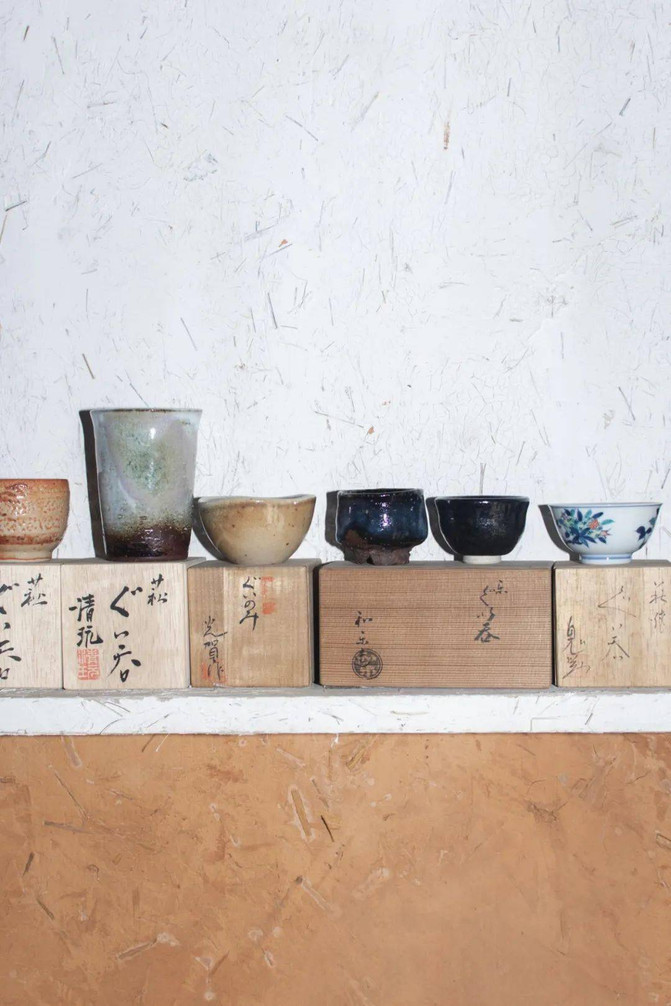

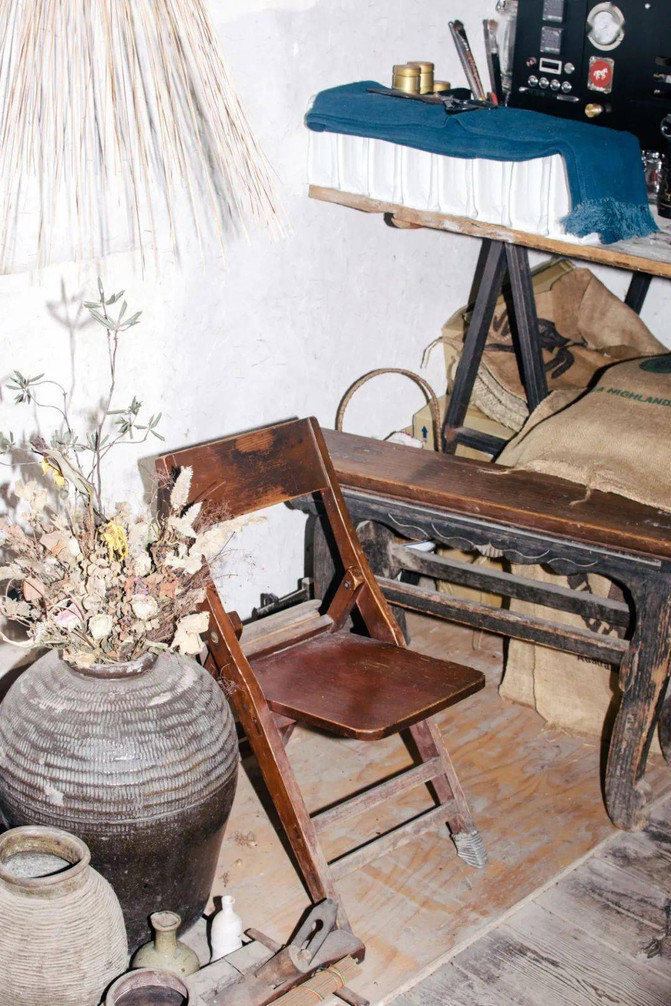

Tian coffee
No. 80, Shiping Street, Xizhou Town
Pessoa Pastoral Coffee
Portugal poet Fernando Pessoa was unknown all his life. He only locked himself in his room and wrote down-to-earth. He chose an idyllic ancient town with few tourists to open a coffee shop, which is somewhat similar to Pessoa's seriousness and persistence. This is the origin of the name of Pessoa coffee.
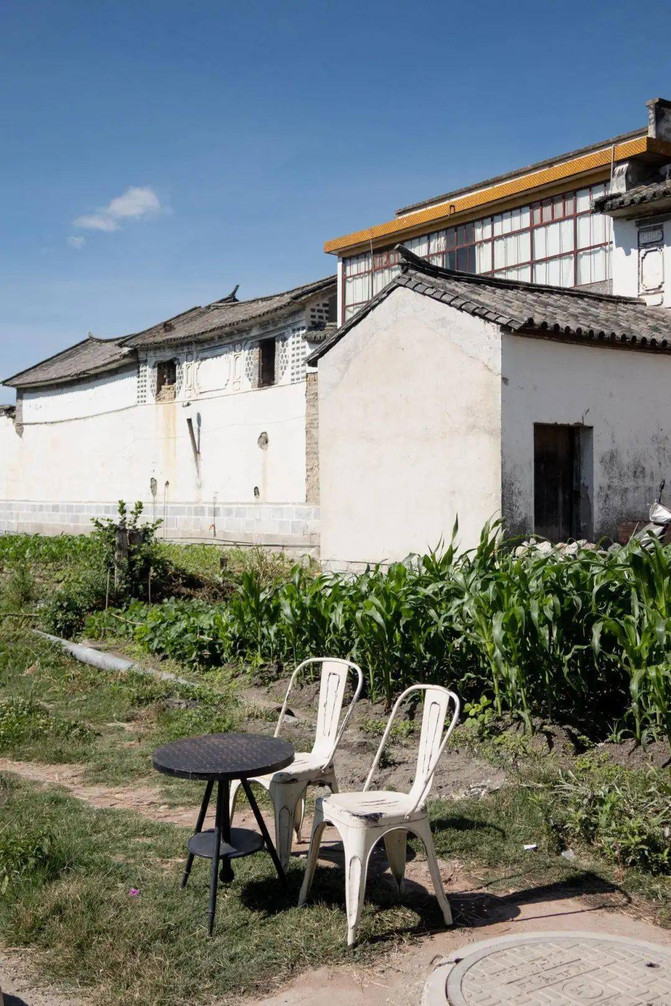
The large number of preserved ancient buildings, Aboriginal customs and pastoral scenery are the reasons why the owner Peter came to Xizhou to open a coffee shop. Also because he liked places with wide views, he chose this location on the edge of the fields to open his shop. When guests arrived at different times of the year, they would see different pastoral scenery. The interior decoration of the store is simple. The second floor is the place where the owner bakes coffee beans. The space on the left side of the door was originally a white wall. Later, an Italian tourist came to the store to drink coffee. After discussing with the owner, he painted his own creative graffiti on the wall.
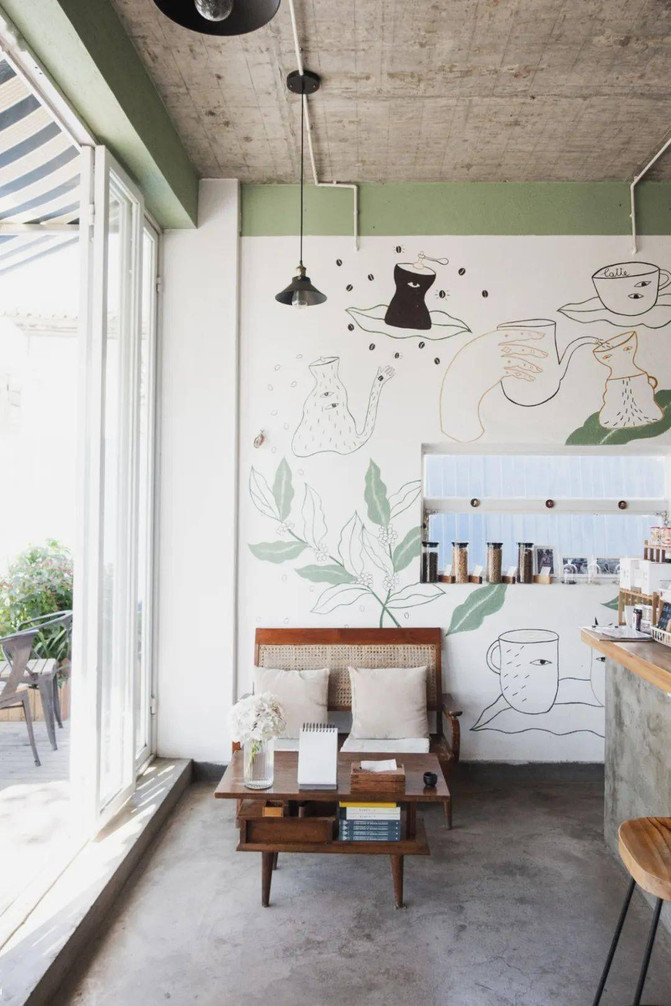


When talking about Xizhou's coffee culture, the owner said that in Xizhou, coffee shop owners are like neighbors, communicating with each other about coffee and trivial life on a daily basis. There is little precaution among colleagues and more harmony. Community atmosphere.
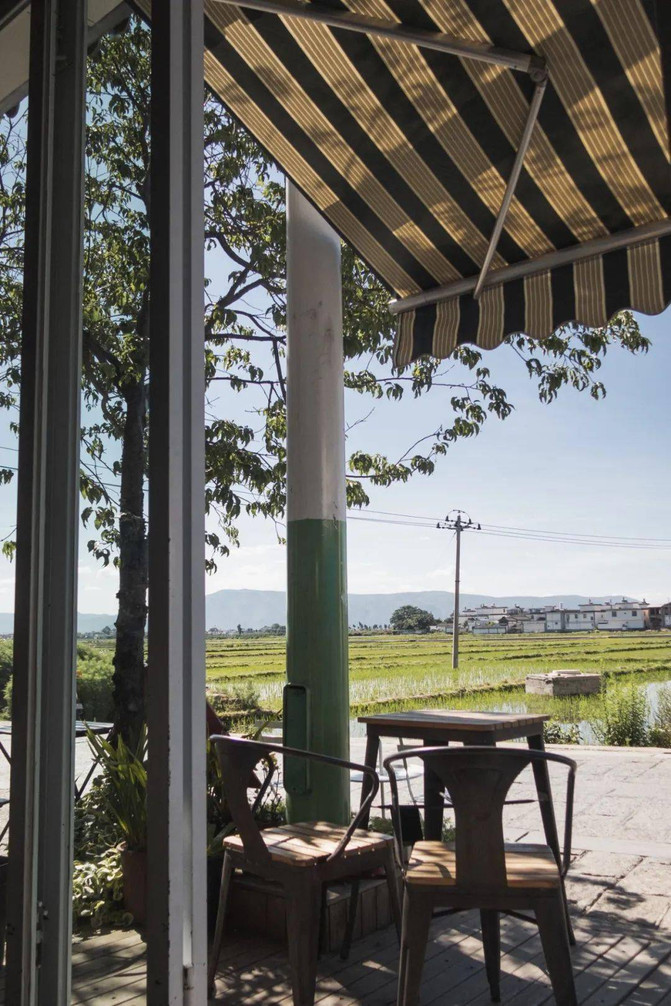
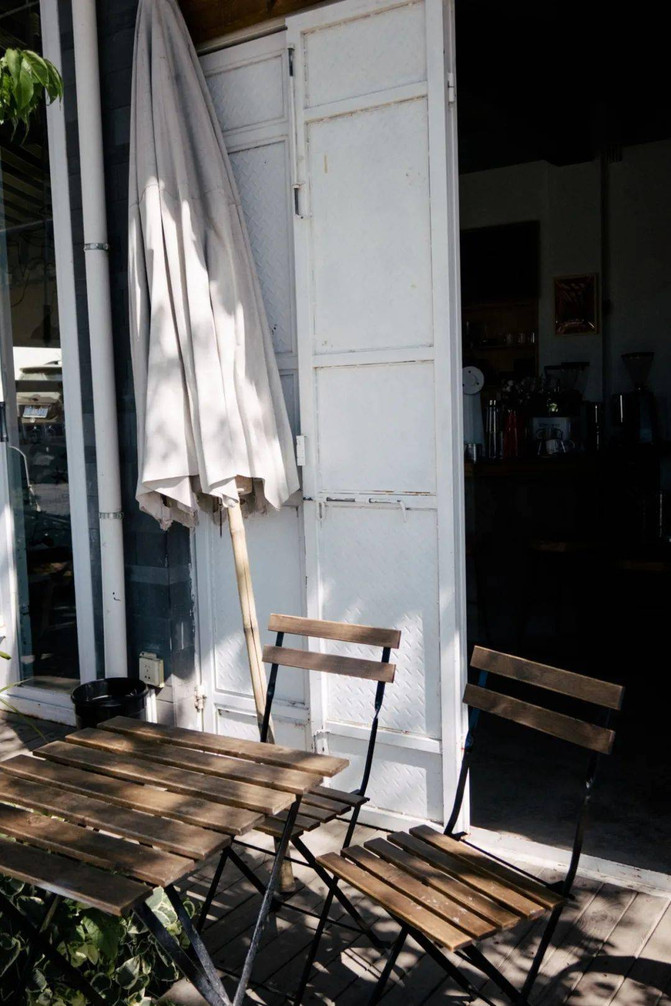
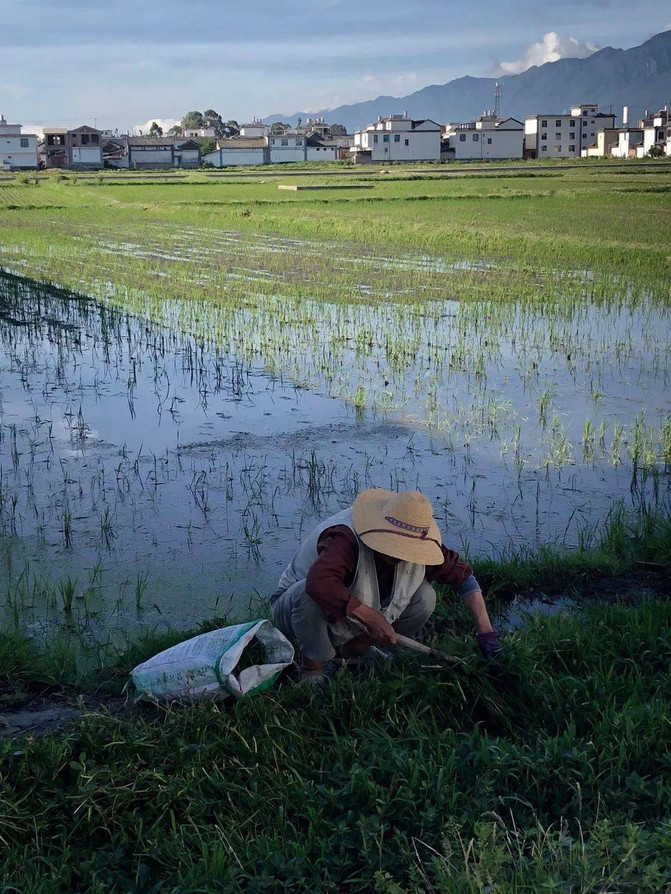
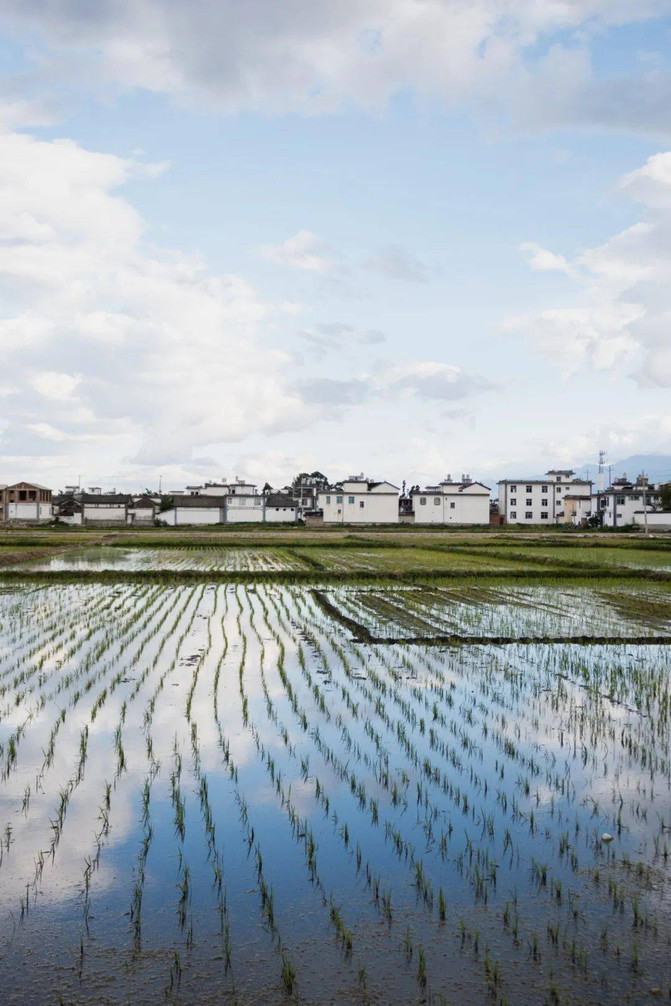
Pessoa Pastoral Coffee
Next to the corner building of No. 37 Dajie Lane, Xizhou Town
Sunset on Erhai Lake
In addition to the humanistic atmosphere, Xizhou also attracts natural scenery. Facing Erhai Lake in the east and Cangshan Mountain in the west, life like a paradise has become the reason why outsiders yearn for Xizhou.


After finishing a day's work, a neighborhood, large or small, or in a company, went from the town's rice fields to the seaside to watch the sunset. For travelers visiting Dali, visiting the Erhai Lake is an indispensable link. The seaside in Xizhou is not as lively or full of commercial atmosphere as the double corridors. Take a battery car or walk from the ancient town to Haitang Park. Sitting on the lawn, the trees behind you sway with the light of the sunset. The light of the mountains opposite you change, and birds fly over the water. This leisure makes people feel calm inside.
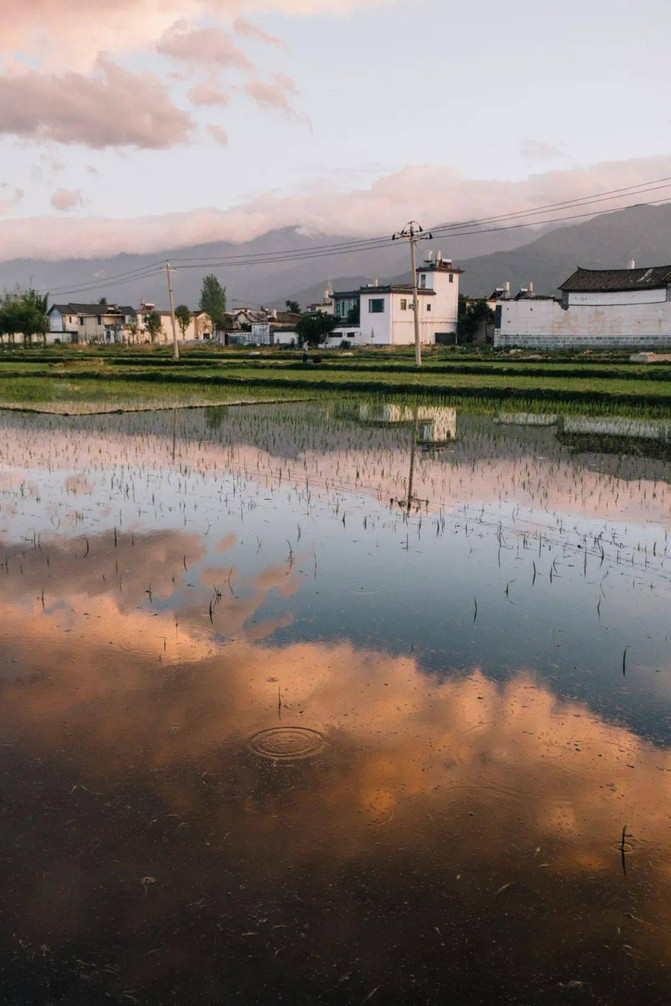
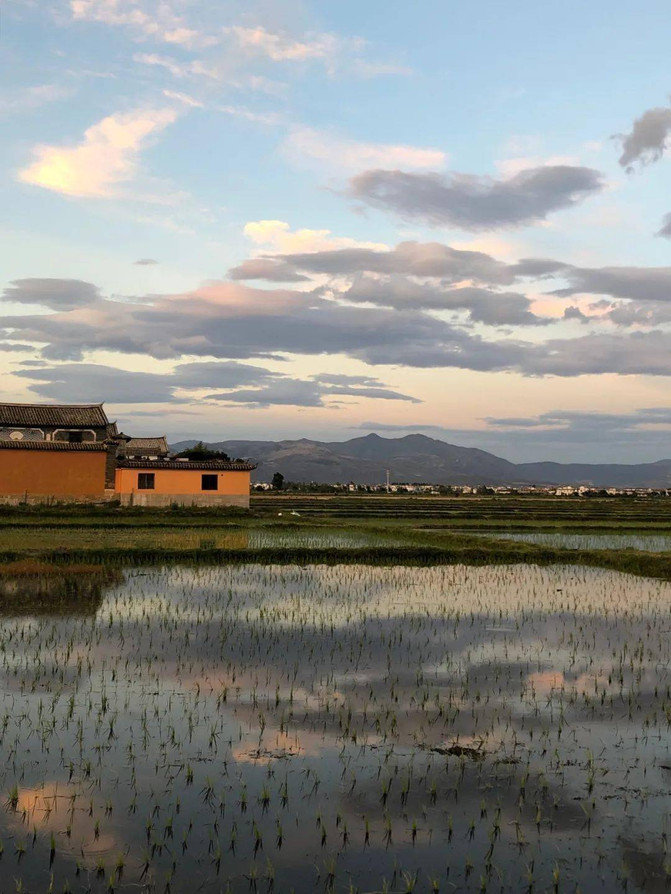

Back in town, the scenery of the rice fields was equally surprising. The clouds reflect the light of the sunset, and the pink sunset is reflected in the rice field. Circles of ripples appear on the water surface from time to time, setting off against the Bai buildings next to them. Occasionally, local people walking dogs pass by the fields. The light is changing all the time, and you can feel the flow of time, but time seems to be extended. This is the idleness that belongs to Xizhou.

